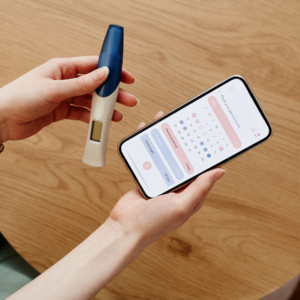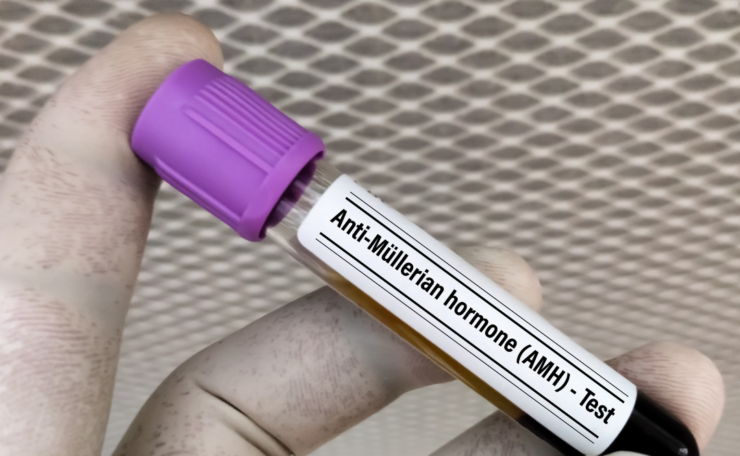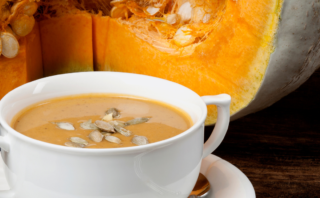If you are struggling with fertility issues, you most likely had your AMH tested. Possibly you were told your AMH was low and therefore your chances for conceiving were low.
AMH (Anti-Mullerian hormone) levels give clues about reproductive health, ovarian  function and success with fertility treatments; but it is only one piece of the picture.
function and success with fertility treatments; but it is only one piece of the picture.
So, what does this mean?
AMH can provide insight into lowering of ovarian reserve, but it doesn’t tell you anything about egg quality, how healthy your eggs are or your ability to get pregnant. It isn’t necessarily an accurate predictor of fertility status.
There are many factors that impact fertility. Many of them are within your control; diet, lifestyle, stress and environment. We can support egg health with high quality supplementation. A mature egg is the largest cell in the body and contains the most mitochondria. Supporting your mitochondria to support your fertility is important. The egg is susceptible to oxidative damage which can damage the cell and the DNA it contains. Antioxidants provide protection and improve egg quality.
A comprehensive nutrition and supplement plan which includes targeted diet/lifestyle changes to support egg health plus CoQ10, D3/K2 and a high quality prenatal can help.
Coenzyme Q10 (CoQ10) is a vital antioxidant associated with cell membranes and mitochondria; it’s particularly critical for protecting the mature egg from oxidative stress and toxins. There is also research suggesting Vitamin D supplementation may help improve AMH levels and ovarian reserve.
If you have been told you have low AMH, let’s get in touch. I’ll introduce you to the products that I have successfully been using for others with low AMH. Two simple things can make a huge difference. I am excited to show you what you can do!




